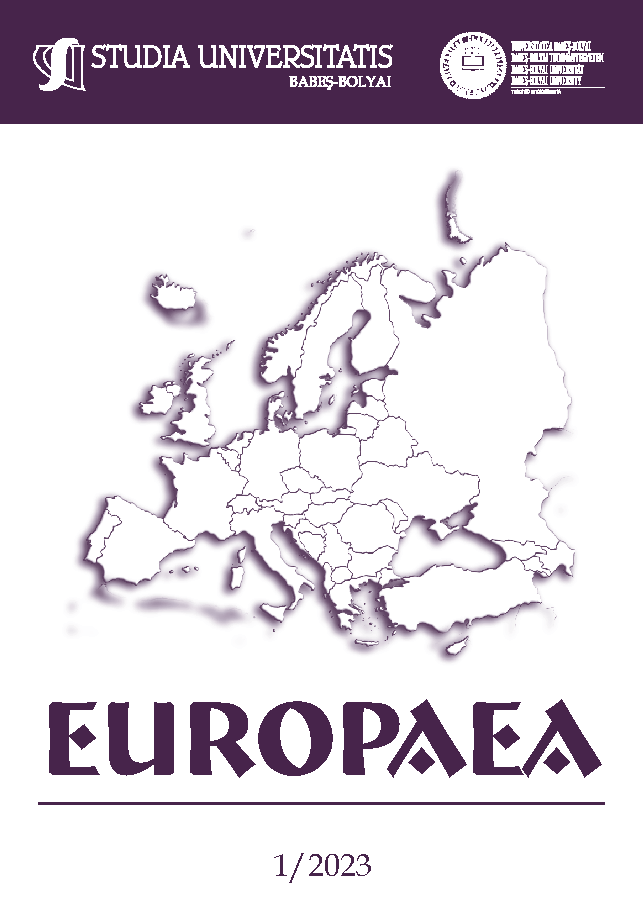SANDINISTA REVOLUTION: A POSTCOLONIAL APPROACH TO USA INTERVENTIONISM
SANDINISTA REVOLUTION: A POSTCOLONIAL APPROACH TO USA INTERVENTIONISM
Author(s): George Horațiu BonteaSubject(s): Political history, Nationalism Studies, Post-War period (1950 - 1989), Peace and Conflict Studies
Published by: Studia Universitatis Babes-Bolyai
Keywords: Latin America; postcolonialism; Sandinista Revolution; discourse analysis; United States of America;
Summary/Abstract: The Sandinista Revolution was a watershed moment in Nicaraguan history that forever altered the course of the country's history. First, it dismantled the Somoza family's dynasty, which had ruled for 43 years, not all of them consecutively, and established a political system dependent on their despotic regime. Second, and more significantly for international relations, the Sadinistas' denunciation of the neo-colonialism committed by the leader of the western democracies was a direct attack on US interventionism in Central America. Unfortunately, it was also the point at which the FSLN established its roots in Nicaraguan society and transitioned from a socialist movement to an authoritarian regime under Daniel Ortega. In order to analyse these evolutions of events I propose a postcolonial theoretical approach. The fact that postcolonialism is a relatively new addition to the international relations theory that first appeared in literature is one of the primary justifications for why this theoretical approach relies on information from native authors. This theory mainly focuses on the former colonies and criticises how the colonial past and present interactions with the former colonists have an impact on how those colonies have developed. I will examine the key ideas of these approaches in the international arena with respect to the particular case of the Sandinista Revolution in Nicaragua.
Journal: Studia Universitatis Babes-Bolyai - Studia Europaea
- Issue Year: 68/2023
- Issue No: 1
- Page Range: 301-320
- Page Count: 20
- Language: English

